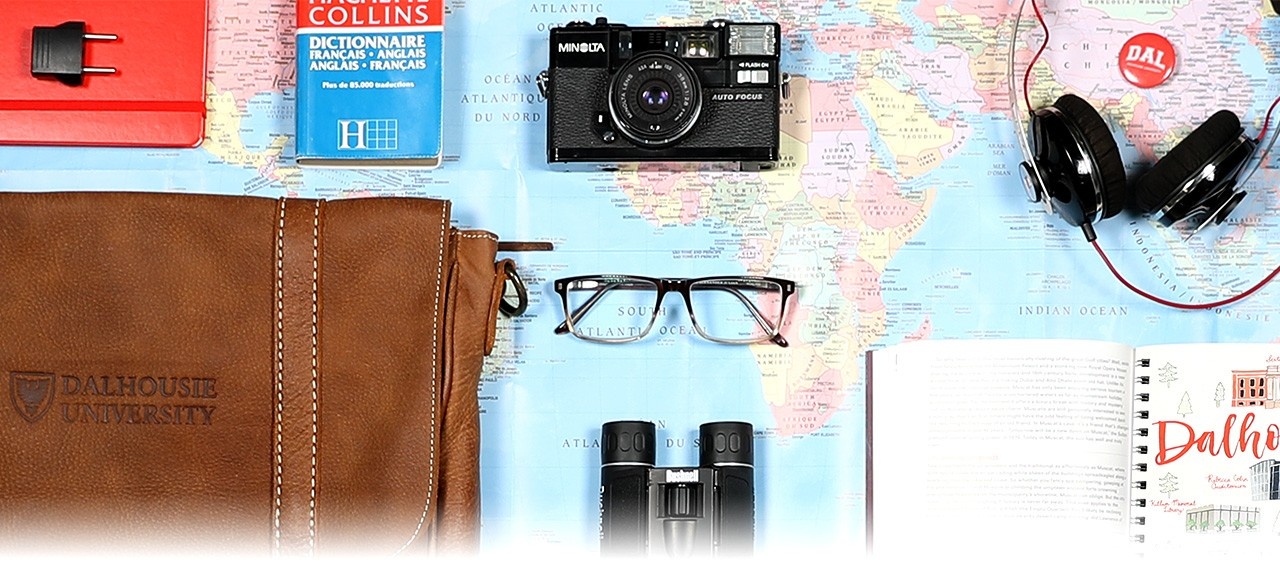Apply Now ‚Äď Other Opportunities
ĻŻĹī ”∆Ķ University students are given opportunity to complete an Independent Study Abroad at another institution even when there is no formal partnership in place. Ideally, students will find a suitable opportunity from the list of our International Learning Experiences, but it is understandable that an opportunity may arise that‚Äôs not included on the list of options provided. ¬†
If you are interested in studying abroad at an institution not included on our list of International Learning Experiences please note the following:
1. You will need to verify that the host university/college offers university credit
2. You must confirm:
- The host university offers a ‚Äúvisiting, non-degree‚ÄĚ student status for which you can apply.
- You meet the host university’s admission criteria.
- You can afford the host university’s tuition fees.
3. You will need to consult your academic advisor to obtain guidance on your course requirements and to discuss the ideal term to be completing courses at another institution. It is also important to determine what required courses must be taken abroad, if any.

